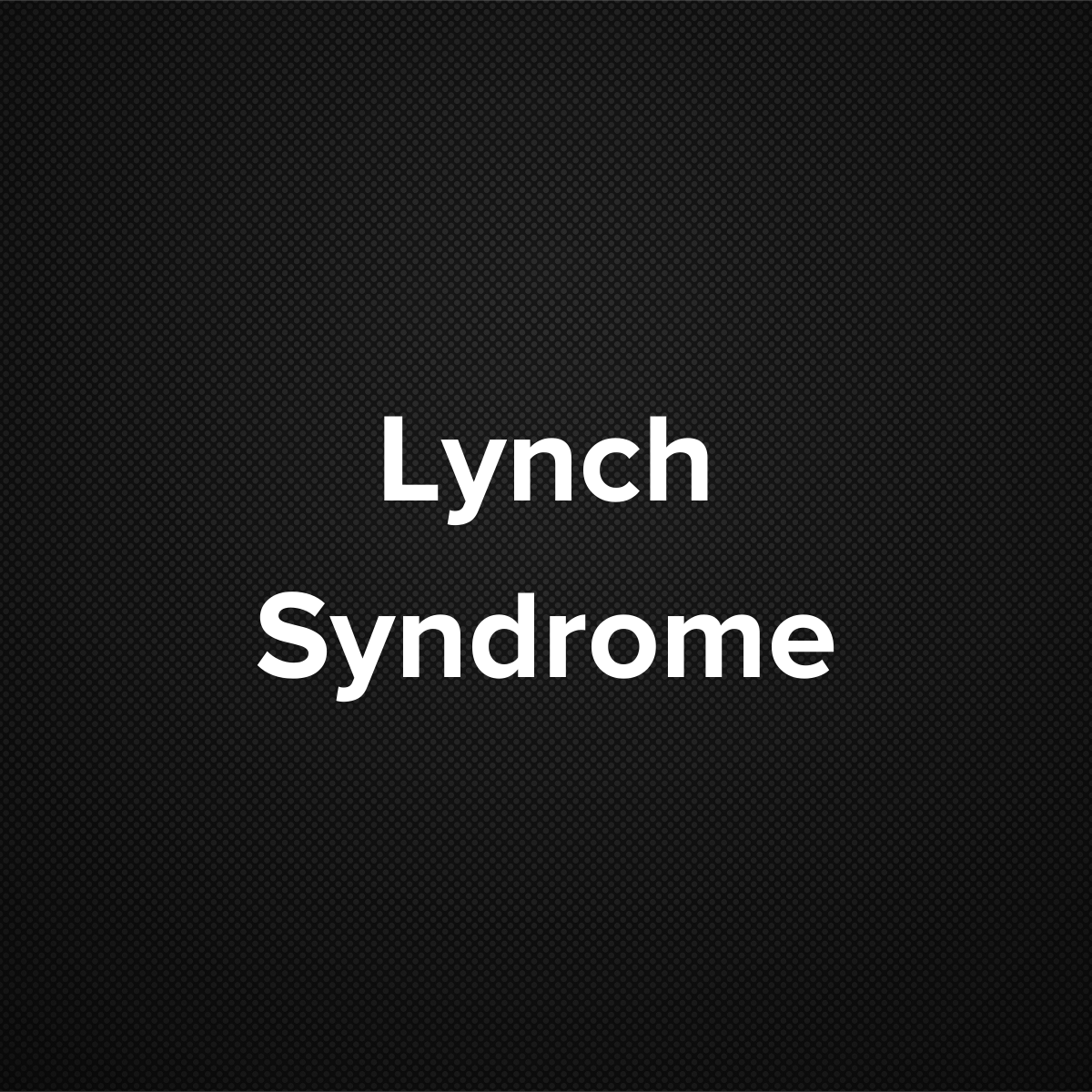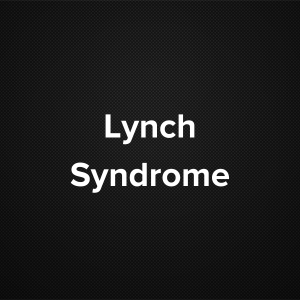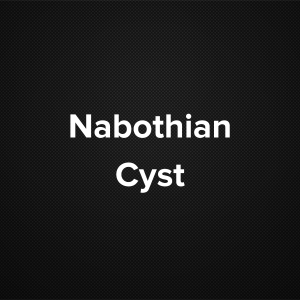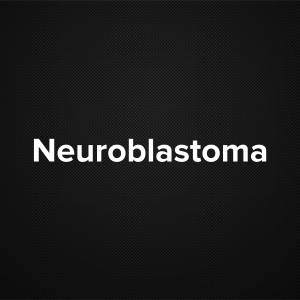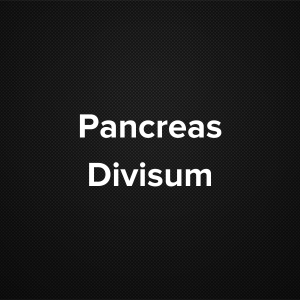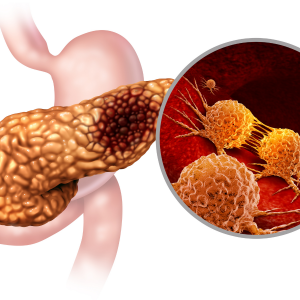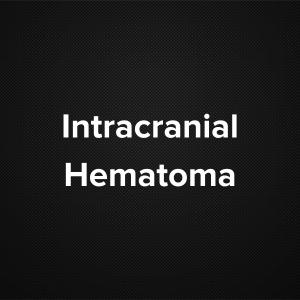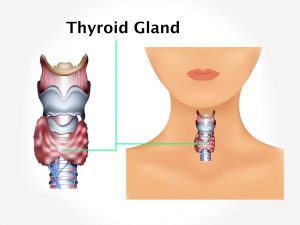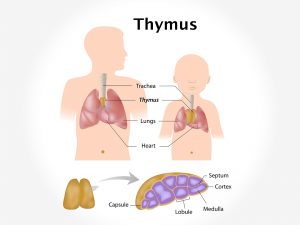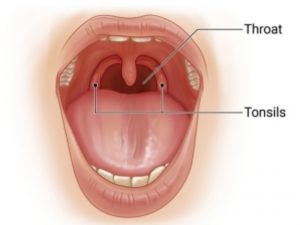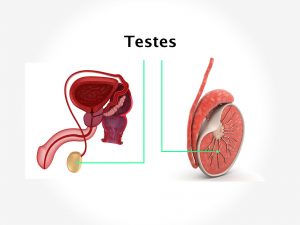Causes and risk factors
In cell division, there occur copies of DNA. Mistakes in the process of DNA replication is common which are repaired by specific genes. Mutation in these genes hamper the process of repair. Thus these mutated genes continue to divide and accumulate to form uncontrolled cell growth. Accumulation and inheritance of such mutated genes render repair of abnormal genes impossible leading to development of cancer. Family history of lynch syndrome, colorectal cancer, or any other type of lynch associated cancer increases the risk of lynch syndrome. It is inherited in autosomal dominant pattern.
Clinical presentation
Unsatisfactory bowel motion, diarrhoea or constipation lasting for more than six weeks, Occult blood, unexplained weight loss can be the alarming symptoms of colon cancer. Colorectal cancer at young age [below 50 years], or any other cancer associated with lynch syndrome like that of stomach, small intestine, liver, gall bladder, urinary tract, brain, skin and in women cancer of ovaries, uterus, endometrium suspect lynch syndrome.
Investigation
Medical history by the patient and Clinical examination by the doctor helps in diagnosis. Family history of cololorectal cancer, endometrial cancer, cancer of skin, liver, kidney or any other lynch associated tumours point towards lynch syndrome. Family members having cancer at younger age than the average of their type of cancer. Tumour testing, genetic testing for identification of genes related to lynch syndrome.
Treatment
Cancer screening for those with lynch syndrome but are not yet diagnosed with lynch related cancer. Surgery to remove cancerous organs.
Other Modes of treatment
The other modes of treatment can also be effective in treating lynch syndrome. Homoeopathy is a science which deals with individualization considers a person in a holistic way. This science can be helpful in combating the symptoms. Similarly the ayurvedic system of medicine which uses herbal medicines and synthetic derivates are also found to be effective in treating lynch syndrome and related cancers.
